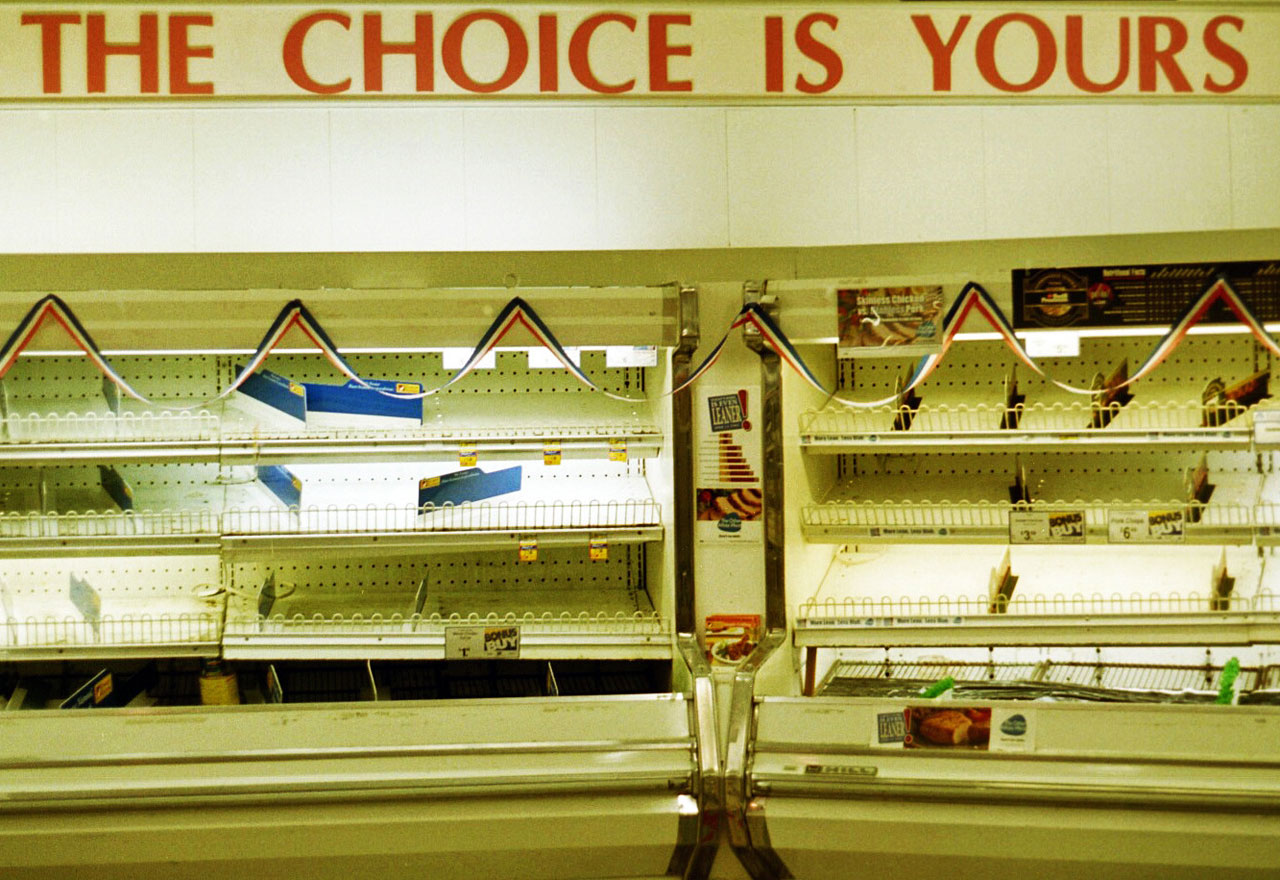“Get big or get out” has been the rallying cry for US food policy since the 1950s, leading to the ever-increasing centralization of conventional food production and processing. The quest for unyielding growth, consolidation, and the cheapest ingredients has made our food supply brittle.
Activists have noted for decades that we have a food distribution problem, not a lack of food. Regional infrastructure is rare and access is inequitable. Pantries and food banks across the nation suffer from a shortage of nutrient-dense foods.
For the past 15 years, The Cornucopia Institute has championed authentic organic farmers in policy matters and in the marketplace. We have highlighted the ramifications of industrial agriculture, sharing stories about pollution of waterways and air, insect apocalypse and biodiversity loss, animal welfare issues, negative human health outcomes, and horrific working conditions for farmworkers.
COVID-19 magnifies these failings. The USDA appears poised to continue the efficient bailout of conventional, subsidized agriculture without imposing price floors that could ensure farmers a living wage. No surprise, given the familiar pro-industrialization stances of USDA Secretaries from Earl Butz to Sonny Perdue. In the absence of federal policies to encourage resilience in our food system, Cornucopia is redoubling efforts to ensure a viable market for our most vulnerable farmers—the authentic organic farmers who have a made a lifestyle out of not taking the easy way out.
Unlike the conventional food supply, authentic organic production empowers consumers to be catalysts for change. “This is an excellent time for consumers to cultivate deeper relationships with our local, authentic organic farmers,” says Kestrel Burcham, JD, Cornucopia’s director of domestic policy. “Beyond getting the freshest, most nutrient-dense food available, we can gain a more nuanced view of how our actions shape the world around us.”
This marketplace activism is an investment in the ecosystems and communities bolstered by authentic organic farmers. Authentic organic production operates without externalized costs, meaning future generations will not be forced to take on the “debts” of polluted waters, depleted and degraded topsoil, or loss of biodiversity.
For now, organic markets appear to be thriving. Organic grain prices remain stable. CSAs are booming. And seed sellers have struggled to keep up with consumer demand for “Pandemic Gardens.”
Market analysts are divided regarding the future. Will the price premium repel consumers in the coming economic downturn? Or will the value of clean, nutrient-dense food become even clearer as COVID-19 threatens our physical and mental health?
Cornucopia is committed to monitoring the ripple effect of this pandemic and shining a light on the very best organic production.
How have you deepened your relationships with local organic farmers? Tell us about it on Facebook!
What Cornucopia is reading:
- “Coronavirus Reveals Corporate Colonization of Rural Economies” by John Ikerd
- “Farmers are destroying mountains of food. Here’s what to do about it” by Christopher Cook (The Guardian)
- “In one month, the meat industry’s supply chain broke. Here’s what you need to know.” by Laura Reiley (The Washington Post)
- “When meat plants shutter, what happens to market-ready animals?” by Elizabeth Royte (FERN)
- “As Food Supply Chain Breaks Down, Farm-To-Door CSAs Take Off” by Eric Westervelt (NPR)
- “How Does a Farmer Adapt if People Don’t Want to Touch Fruit?” by Jill Cowan (The New York Times)
- “Inspections, citations, recalls slashed: Coronavirus is testing America’s food safety net” by Kyle Bagenstose (USA Today)


